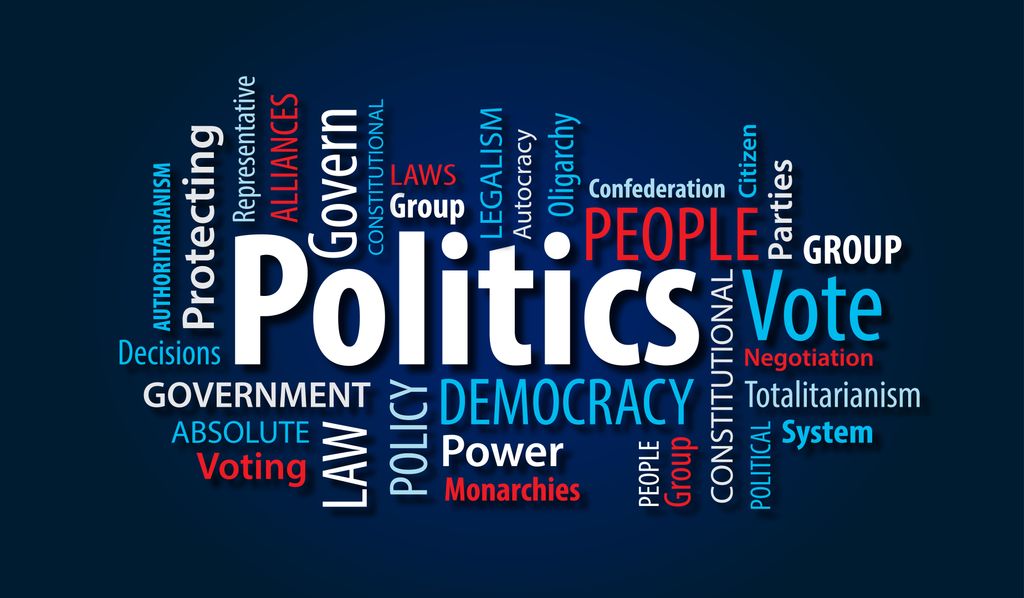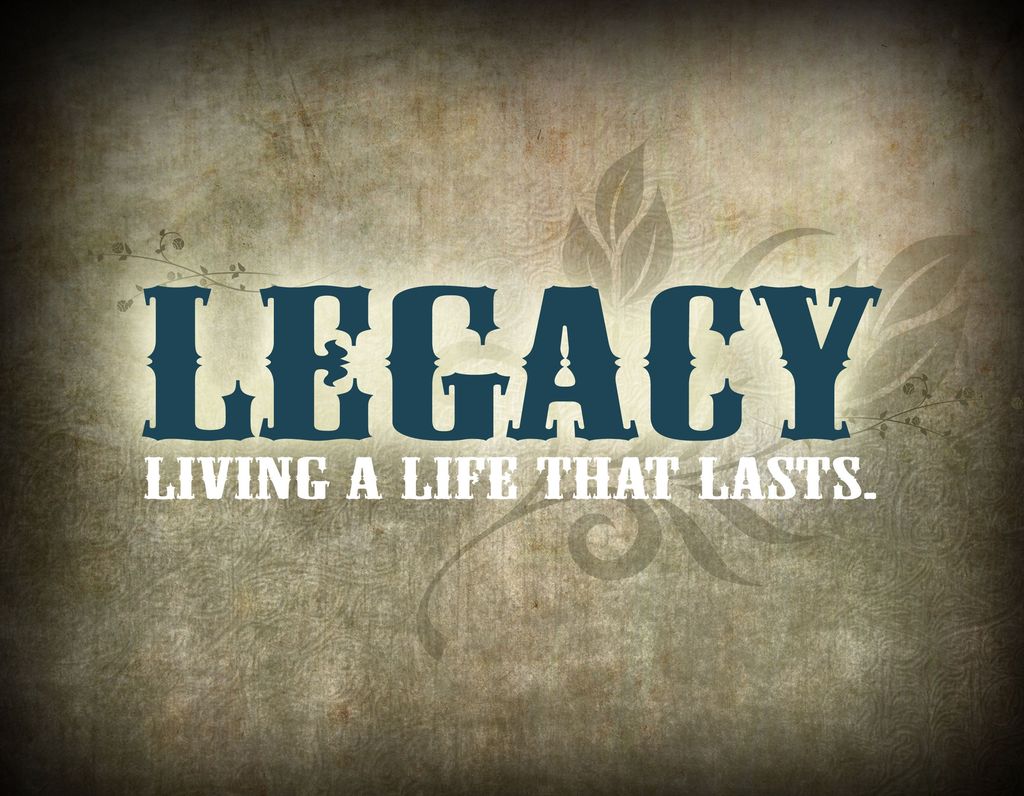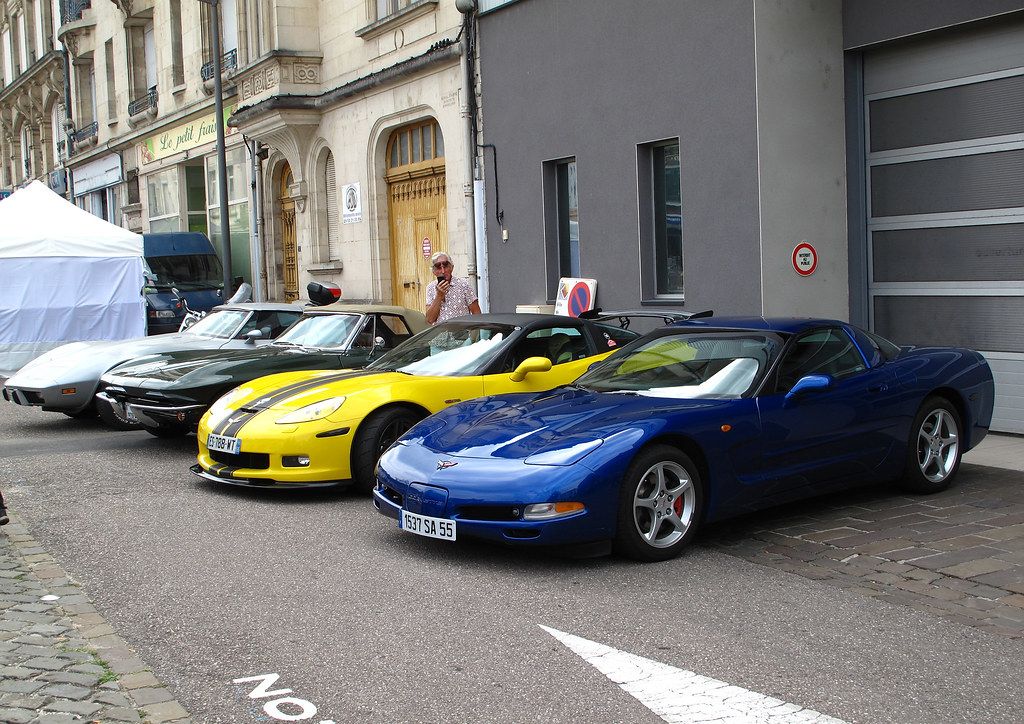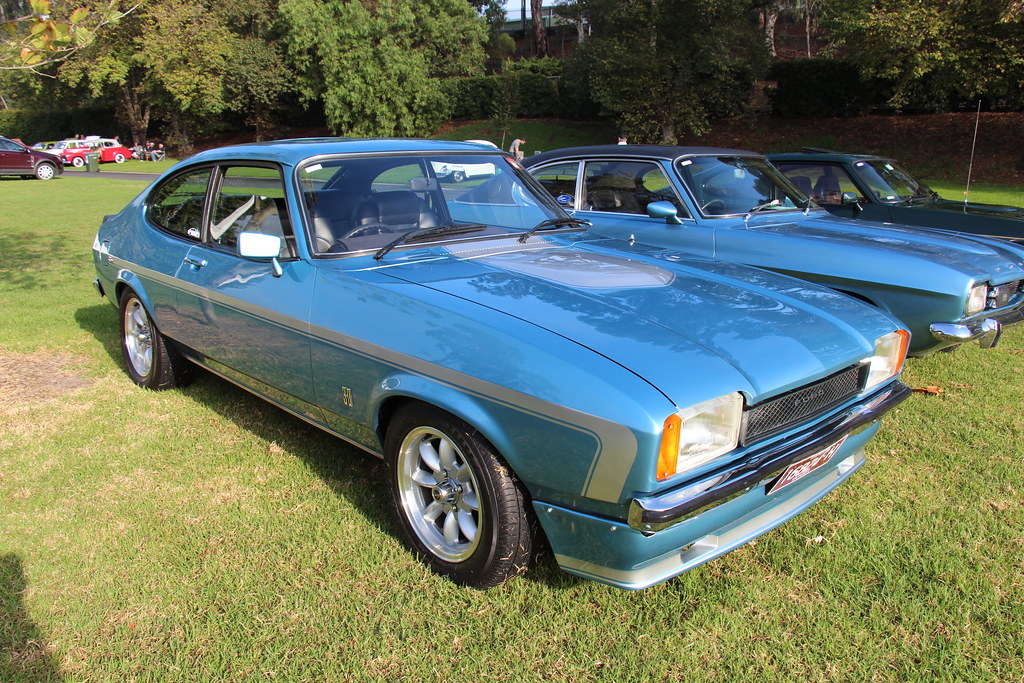
The recent passing of Raila Amolo Odinga at the age of 80 marks the end of an era for Kenya, signaling the departure of a figure whose life was inextricably woven into the fabric of the nation’s democratic journey. Widely regarded as one of Kenya’s most influential political leaders, Odinga’s career, spanning over four decades, profoundly shaped the country’s modern political landscape and its aspirations for good governance and pluralism.
His death, confirmed by Devamatha Hospital in Kerala, India, after he suffered a cardiac arrest, plunged Kenya into a period of national mourning. President William Ruto declared seven days of mourning, paying tribute to Odinga as “the father of our democracy” and a “giant” of Kenyan politics. Such an outpouring of grief and respect underscores the immense impact of a man who, despite never attaining the presidency, became a symbol of resistance and reform for countless Kenyans.
This article embarks on an in-depth exploration of Raila Odinga’s extraordinary life, tracing his path from a prominent political dynasty to a relentless champion for democracy. We will delve into the pivotal moments that defined his career, the challenges he faced, and the enduring legacy he leaves behind, starting with his formative years and the crucible of Kenya’s early political struggles.

1. Early Life, Education, and the Roots of a Political Dynasty
Born in 1945 in Maseno, Kisumu County, in western Kenya, Raila Amolo Odinga’s destiny was seemingly intertwined with the nascent politics of his nation from the very beginning. He was the son of Jaramogi Oginga Odinga, a leading figure in Kenya’s struggle for independence and the country’s first vice president after independence in 1963. This lineage placed him at the heart of Kenya’s political elite, yet it was a position he would often leverage to challenge entrenched power rather than merely inherit it.
His early education began at Kisumu Union Primary and continued at Maranda High School. In 1965, a significant turn in his life occurred when he won a scholarship to study in the German Democratic Republic (GDR), East Germany, during the height of the Cold War. This period abroad exposed him to different political ideologies and likely sharpened his critical perspective on governance and societal structures.
By 1970, he had successfully graduated with an engineering diploma, roughly equivalent to a master’s degree, in mechanical engineering. Upon his return to Kenya, he briefly lectured at the University of Nairobi and worked at the Kenya Bureau of Standards. He also ventured into entrepreneurship, launching Standard Processing Equipment Construction & Erection, later known as East African Spectre, which specialized in LPG cylinders and related apparatus, showcasing an early blend of technical acumen and practical ambition.
Read more about: The ’70s Puzzle: 12 Lost Giants – Why These American and Global ‘Trucks’ Vanished from the Roads of History

2. Early Activism and Detention: The Fight Against One-Party Rule
Raila Odinga’s political life was profoundly shaped by the fraught politics of Kenya’s KANU one-party era in the 1980s. He quickly distinguished himself as a left-wing firebrand, often naming his son Fidel in honour of the Cuban Communist leader Fidel Castro, a clear signal of his ideological leanings and his willingness to challenge the status quo. His activism focused on pushing for multi-party democracy, a cause that put him squarely in opposition to the authoritarian government of then-President Daniel arap Moi.
His outspoken stance and reformist efforts did not go unnoticed, and he soon became a target of the state. He was first imprisoned in 1982 after being linked to a failed coup attempt against President Moi. Although he denied charges of treason, he was accused of involvement in educating and mobilizing people for change, not violence. This marked the beginning of a grim period where he spent years in jail or in exile, often detained without trial under harsh conditions.
Odinga recounted experiencing beatings and alleged torture during his imprisonment, including an assault by a police officer using a wooden table leg. He spent much of the next decade in detention, at times in solitary confinement, enduring immense personal hardship for his political convictions. This period forged his reputation as a formidable pro-democracy campaigner, a symbol of resistance against oppression, and the country’s longest-serving political detainee.

3. Formal Entry into Politics and the Dawn of Multipartyism
Following his release from jail and a brief period of exile in Europe, Raila Odinga returned to Kenya in 1992, a pivotal year that saw the reintroduction of multiparty democracy. This was a direct result of sustained pressure from activists like Odinga and broader societal demands for political liberalization. His return marked his formal entry into national electoral politics, where he continued to advocate for the reforms he had so courageously championed from behind bars.
In 1992, he successfully contested and was elected as a Member of Parliament for the Langata constituency in Nairobi. This parliamentary victory provided him with a legitimate platform to pursue his political agenda, transitioning from an underground activist to a recognized national lawmaker. During his two decades as a legislator, he steadily grew into a national figure, garnering massive support from those disaffected by official corruption and widespread poverty.
He emerged as a leader for the common people, often seen as a voice for the voiceless, particularly in areas like Nairobi’s Kibera, one of Africa’s largest slums, where his support ran deep. His legislative career laid the groundwork for his future presidential ambitions, establishing him as a prominent and outspoken critic of government excesses and a relentless advocate for democratic freedoms and human rights.

4. First Presidential Bid and Forging Alliances for Change
Odinga made his inaugural presidential bid in 1997, marking a significant step in his political career. Running on a platform of reform and change, he ultimately finished third behind the incumbent President Daniel arap Moi and Mwai Kibaki. Despite this initial electoral setback, it solidified his position as a key opposition leader and a force to be reckoned with in Kenyan politics.
Following this, he departed from FORD-Kenya, where he had reportedly clashed with other opposition leaders after the death of his father, and formed his own political vehicle, the National Development Party (NDP). His political acumen and charm allowed him to navigate the complex and often ethnically charged landscape of Kenyan politics, demonstrating his evolving strategy of building broad-based alliances.
His strategic brilliance was particularly evident in the lead-up to the 2002 general election. Odinga played a crucial role in uniting disparate opposition parties to form the National Rainbow Coalition (NARC). This grand coalition proved instrumental in ending KANU’s nearly four-decade-long rule, leading to Mwai Kibaki’s ascendancy to the presidency in a historic victory. Odinga’s willingness to put aside his own presidential aspirations for the sake of opposition unity demonstrated his commitment to broader democratic change.
Read more about: Revving Up His Passions: A Peek into Brad Pitt’s Most ‘DIY’ Projects Beyond the Screen!

5. Ministerial Role and Resurgence as an Opposition Figure
Following the NARC victory in 2002, Raila Odinga served in President Mwai Kibaki’s government, holding the portfolio of Minister of Roads, Public Works and Housing between 2003 and 2005. This period represented his first significant executive role within the government he had helped bring to power, offering him a chance to implement policies from within the system.
However, the unity forged within NARC proved fragile, and cracks soon emerged between Odinga and Kibaki. Underlying ideological differences and power struggles led to a growing rift. Odinga, who had delivered significant support to Kibaki, found himself increasingly marginalized within the administration, leading to his eventual departure from the cabinet.
His return to the opposition fold marked a predictable, yet significant, shift. It cemented his identity as a perpetual challenger to power, regardless of who held the presidency. This period prepared him for his most defining political moment, setting the stage for another intense presidential contest where he would once again embody the aspirations of many Kenyans for fundamental political change.

6. The Defining 2007 Disputed Presidential Election
Raila Odinga’s defining political moment arrived with the 2007 presidential election. This contest saw him as the leading challenger to incumbent President Mwai Kibaki. Campaigning intensely, he successfully mobilized massive crowds across Kenya, drawing kingpin leaders from various tribes to merge around his candidacy. Polls and exit surveys from the time strongly suggested that Odinga had garnered the support of large segments of the electorate, leading many observers to believe that his time to attain the presidency had finally come.
However, the official results declared Mwai Kibaki the winner with 46% of the vote against Odinga’s 44%, a margin that was the closest in Kenya’s history. Odinga’s camp swiftly rejected these results, citing widespread irregularities and claims of electoral malpractice. The controversy was fueled by an unreliable electoral authority, whose leader later admitted uncertainty about the true winner, further eroding public trust in the outcome.
President Kibaki’s rushed inauguration in a dusk ceremony further inflamed tensions and provoked outrage among Odinga’s supporters. The perception of a stolen election ignited a powder keg of discontent, transforming what was meant to be a democratic exercise into a national crisis. This moment showcased Odinga’s immense popular backing but also highlighted the deep-seated ethnic and political divisions within the country.
Read more about: Click, Snap, Career Crash: 12 A-Listers Whose Lives Changed Forever Thanks to One Unforgettable Photo

7. Post-Election Violence and the Pursuit of Stability
The immediate aftermath of the disputed 2007 election plunged Kenya into its most serious bout of political violence since independence. Almost immediately after Kibaki’s victory was declared, protests erupted in the streets of Nairobi, where Odinga commanded strong support. These demonstrations quickly escalated and spread to other parts of Kenya, transforming into large-scale ethnic violence.
Groups of people were tragically targeted along ethnic lines, with Luos and Kalenjins reportedly targeting Kikuyus, and Kikuyus mobilizing reprisal attacks. This devastating period shattered Kenya’s reputation as a stable democracy in a volatile region. About 1,300 people were killed, and hundreds of thousands were displaced from their homes, leaving deep scars on the nation’s social fabric. The violence highlighted the perilous intersection of politics and ethnicity in Kenya.
In the face of this profound national crisis, an internationally mediated pact became imperative to restore order. Spearheaded by the late UN Secretary-General Kofi Annan, this mediation effort ultimately led to a power-sharing deal. Odinga, despite the bitter taste of a perceived stolen election and the resulting bloodshed, emerged from the turmoil with his dignity largely intact. The agreement saw him assume the newly created post of Prime Minister in a grand coalition government, a testament to his undeniable political influence and the necessity of his inclusion for national stability. This marked a complex chapter where the fight for justice intertwined with the urgent need for peace and reconciliation.
Following the tumultuous events of the 2007 election and the subsequent power-sharing agreement, Raila Odinga embarked on a new, albeit complex, chapter of his political journey. His appointment as Prime Minister in a grand coalition government, brokered by Kofi Annan, marked a significant milestone, transforming him from a perennial opposition figure into a key executive within the very system he had so often challenged. This period, from 2008 to 2013, saw Odinga navigate the delicate balance of governing alongside a former rival, Mwai Kibaki.
His tenure as Prime Minister placed him at the heart of national decision-making, offering him the platform to influence policy and drive reforms from within. It was a period defined by both cooperation and underlying tension, as the unity government sought to heal a fractured nation while managing the deep-seated political and ethnic divisions that had been laid bare by the post-election crisis. Odinga’s participation was crucial for restoring stability, demonstrating his capacity for pragmatic leadership in the face of national emergency.
This power-sharing arrangement, while a testament to his undeniable political influence, was also a challenge. Mr. Odinga held the post uneasily for five years before returning to opposition, a familiar role that many saw as his natural habitat. It highlighted the intricate nature of Kenyan politics, where collaboration often emerged from the brink of crisis, only to be strained by persistent rivalries and ambitions.

9. Championing Constitutional Reform and the 2010 Constitution
Beyond his executive role, one of Raila Odinga’s most enduring contributions to Kenyan democracy was his unwavering commitment to constitutional reform. His activism, alongside other pro-democracy campaigners, was instrumental in pushing for fundamental changes to the country’s governance structure, a long-held demand after decades of single-party rule. This commitment culminated in the progressive 2010 constitution, a landmark achievement that ushered in far-reaching political reforms.
The new constitution significantly restructured Kenya’s governance, introducing a more decentralized system, strengthening institutions, and enshrining a comprehensive Bill of Rights. It represented a pivotal moment in the nation’s democratic evolution, a direct result of the sustained pressure from figures like Odinga who had fought for greater freedoms and accountability. For many, it was a tangible outcome of the years of struggle and detention he had endured.
Mr. Odinga championed the cause of political reform, helping to lead a drive for a new constitution that was adopted in 2010. This was a critical step in establishing a more robust and equitable democratic framework, addressing many of the historical grievances that had fueled political instability. His efforts in this regard left an indelible mark on the nation’s legal and political landscape.
Read more about: America’s Grandeur and Grime: 10 Defining Epochs of Progress and 5 Persistent Shadows

10. The Unlucky Presidential Contestant: Subsequent Presidential Bids
Despite his significant role as Prime Minister and his contributions to constitutional reform, Raila Odinga’s ultimate ambition, the presidency, remained elusive. Following the abolition of the Prime Minister’s role in the 2010 constitutional referendum, he returned to full opposition and made three more presidential bids in 2013, 2017, and 2022, each time falling short of victory. This earned him the unfortunate reputation as “the unlucky presidential contestant,” having run a total of five times without success.
In 2013, he contested the presidency against Uhuru Kenyatta, alleging electoral malpractice, but the Supreme Court ultimately ruled against him. The 2017 election proved to be another contentious battle, where a court made history by nullifying the initial presidential election results—a first in Africa—after Odinga challenged them. However, he then decided to boycott the subsequent repeat vote, asserting it would not be credible without significant electoral reforms.
His final presidential campaign in 2022 saw him run under the Azimio la Umoja coalition with Martha Karua as his running mate. Yet again, he lost to William Ruto and, once more, contested the results in the Supreme Court, only to face another defeat. These repeated attempts, though unsuccessful, underscored his tenacity and his unwavering belief in the democratic process, even when he felt it had failed him.

11. The ‘Mysterious One’: Complex Role as a Political Power Broker
Throughout his extensive political career, Raila Odinga cultivated a complex and often enigmatic public persona, earning him the nickname “Agwambo,” or “mysterious one,” in the Luo language. This moniker reflected his distinctive ability to navigate Kenya’s often ethnically charged political landscape, sometimes by exploiting ethnic divisions for political benefit, but also through surprising reconciliations with former foes, cementing his role as a formidable political power broker.
In recent years, his political acumen was strikingly evident in moves that both divided opinion and underscored his enduring influence. Notably, in March, he signed a pact with President William Ruto, a former rival, following weeks of youth-led anti-government protests that had resulted in numerous deaths. This agreement saw his opposition Azimio la Umoja party involved in critical policymaking and its members appointed to the cabinet.
These reconciliations, often following intensely contested elections, highlighted his commitment to national unity, even if they sometimes unsettled his most ardent supporters. After his most recent defeat in 2022, he again joined President Ruto in a “broad-based government,” which brought several of his allies into key positions. He defended these moves as necessary for national unity, particularly in the aftermath of watershed nationwide protests that had culminated in the storming of parliament.

12. International Engagements and Pan-African Ambitions
Raila Odinga’s influence was not confined solely to Kenya’s borders; he increasingly played a role on the international stage, embodying a pan-Africanist spirit that sought to promote democracy and stability across the continent. This global perspective was recognized even by his political adversaries, signaling his growth as an elder statesman.
In 2025, for instance, President William Ruto dispatched him to mediate the simmering crisis in South Sudan. This demonstrated a remarkable level of trust and recognition of his diplomatic efforts, even from those with whom he had fiercely competed domestically. Such engagements highlighted his capacity to transcend local political rivalries for broader regional stability.
Further showcasing his continental ambitions, Odinga announced a bid for the presidency of the African Union Commission in 2024, the body that governs the continent-wide African Union. Despite strong regional support for his candidacy, he ultimately lost to Djibouti’s Mahamoud Ali Youssouf earlier that year. Even in defeat, this pursuit underscored his desire to contribute to Africa’s collective progress and demonstrated his standing as a prominent figure in African politics.

13. A Legacy Etched in Democracy and Reform
Raila Amolo Odinga’s life, though marked by unfulfilled presidential ambitions, left an indelible and profound legacy on Kenya’s democratic journey. He is widely regarded as one of the country’s most influential political leaders, whose career spanning over four decades profoundly shaped the nation’s modern political landscape and its aspirations for good governance and pluralism. President William Ruto aptly paid tribute to Odinga as “the father of our democracy” and a “giant” of Kenyan politics.
Despite never attaining the presidency, Odinga was credited with helping dismantle Kenya’s one-party rule under Daniel arap Moi in 1992, a pivotal moment that ushered in multiparty democracy. His relentless activism and sacrifices, including years of detention, paved the way for the democratic rights many Kenyans enjoy today. His role as an elder statesman grew significantly in later years, recognized even by his political rivals.
Odinga’s life has been hailed as a study in tenacity, a testament to his unwavering fight for democratic freedoms and human rights. He will be remembered for being a former political prisoner and holding the record for Kenya’s longest-serving detainee, a symbol of resistance against oppression. For most of his political life, Odinga has been seen as a symbol of resistance and political reform, and his passing leaves a significant vacuum in Kenya’s political opposition.
Read more about: The ’70s Unplugged: Unveiling the 14 Pivotal Global Events That Reshaped a Decade

14. A Nation in Mourning: The Profound Impact of His Passing
The news of Raila Amolo Odinga’s death at the age of 80, confirmed by Devamatha Hospital in Kerala, India, after he suffered a cardiac arrest, plunged Kenya into a period of deep national mourning. President William Ruto immediately declared seven days of national mourning, instructing Kenyan flags to fly at half-mast, acknowledging the immense and immeasurable loss to the nation.
The outpouring of grief across Kenya has been described as being without parallel since the country’s independence. Thousands of mourners converged at the main national airport on Thursday when a Kenya Airways plane bearing his body arrived in Nairobi, many waving tree branches and twigs—a traditional symbol of mourning in the Luo culture to which Mr. Odinga belonged. The solemn procession transformed into large crowds blocking streets in Nairobi as his coffin was carried.
The gravity of his passing was underscored by the events surrounding his public viewing and funeral arrangements. On Thursday, at least three people were tragically killed at a memorial held at a different stadium in Nairobi, when police, attempting to control large crowds, opened fire and used tear gas. At the state funeral on Friday at Nyayo National Stadium, attended by President Ruto, several mourners required treatment following a stampede, highlighting the intense emotions and public reverence for the fallen leader.
Leaders from across the world paid tribute to Odinga, describing him as a towering political leader whose legacy of democracy transcended national borders. Indian Prime Minister Narendra Modi praised him as a “towering statesman and a cherished friend of India,” while Tanzanian President Samia Suluhu Hassan stated his death was a tragedy “not just for Kenya, but for all of us,” recognizing him as “a brilliant leader, a global African, a peace-loving and solution seeker.” His body was transported to Kisumu, his political stronghold, before his burial on Sunday at his farm in Bondo, western Kenya, honoring his wish to be laid to rest within 72 hours.
Read more about: Ozzy Osbourne, the ‘Prince of Darkness’ Who Redefined Heavy Metal and Pop Culture, Dies at 76
As Kenya bids farewell to Raila Odinga, the nation reflects on a life lived at the epicentre of its democratic evolution. He was a man who, despite never holding the ultimate office, shaped its destiny through sheer force of will, strategic political maneuvers, and an unwavering commitment to reform. His journey, marked by both triumph and tribulation, leaves a vacuum in Kenyan politics but also a powerful blueprint for sustained engagement, reminding future generations that the pursuit of justice and democracy is a continuous, often arduous, yet ultimately transformative endeavor.



